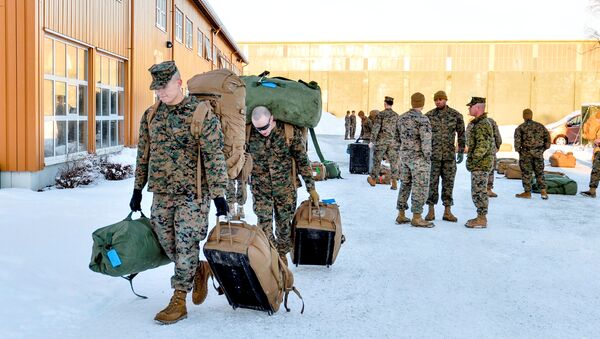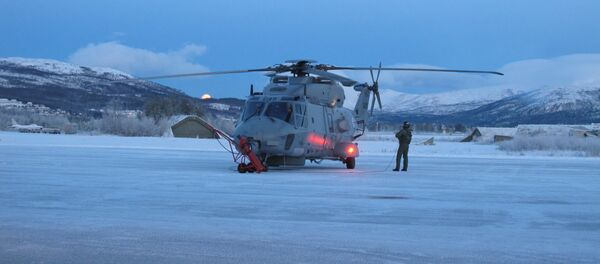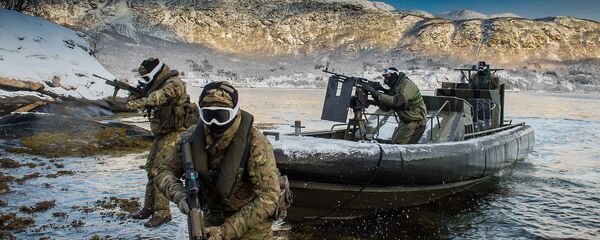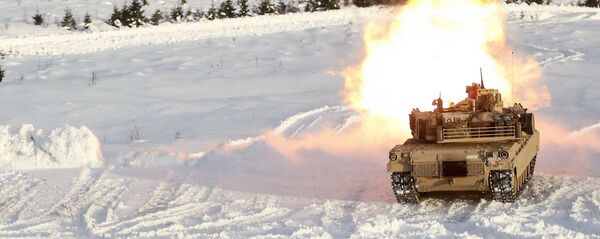The US Marines arrived on Norwegian soil as part of the October 2016 agreement between Oslo and Washington that let the Americans establish a force in Norway after a request from the American side. The general idea behind the transfer is to boost Norway's defense against the perceived Russian "aggression" and is accompanied by similar buildups in other parts of Europe, such as the Baltic region.
Per definition, Værnes garrison remains under Norwegian command. The Norwegian Armed Forces were eager to stress the fact that the Americans by no means establish a permanent presence in the country. In case of a crisis, however, the marine force is likely to come under NATO command.
An extra benefit for the US Armed Forces is obtaining experience in winter-time operations in cold climates. According to local Norwegian newspaper Stjørdalens Blad, the Marines, aged 18-20, will learn to ski and snowshoe, live in tents and deal with harsh winter conditions.
Whether or not this agreement is a violation of Norway's basic policy has become a subject of debate. Norwegian government officials and military bosses repeatedly downplayed the rotational force as a bilateral training effort, wholly in line with regular international drills held in Norway, such as Joint Viking and Cold Response. Remarkably, US Secretary of Defense Ashton Carter said during a visit to the Nordic country that the US had "no closer friend or ally than Norway."
The retreat from a trusted policy has, however, upset Russian officials who view having US soldiers on Norwegian soil on an ongoing basis as a provocation. Many Norwegians were none too happy about the decision either.
"Norway is contributing to building up tension and creating a less secure world," local Trøndelag resident Jens Frøseth complained to NRK.
Cold Snap@iimefmarines operating in @MarForEUR_AF will begin a rotational force in Norway this month.
— U.S. Marines (@USMC) January 15, 2017
More: https://t.co/D6rtElpDYY pic.twitter.com/9RE0zVkQnY
Retired Commodore Jacob Børresen was critical of the decision to welcome US Marines, venturing that it sent "unfortunate" signals eastwards.
"There is a risk that the north once again becomes a confrontation area. If Moscow believes that there is a tendency towards a greater emphasis on deterrence, then it is so by definition," Jacob Børresen told Norwegian national broadcaster NRK.
According to Hedda Langemyr, the leader of the Norwegian Peace Council, it is very disturbing that Norway of its own accord is abandoning its role as a buffer between East and West.
Nei til amerikansk base på Værnes. Er du enig? Støtt Norges Fredsråd med 50 kr. Send FRED til 2474! pic.twitter.com/fDlOquzONL
— Hedda Langemyr (@HeddaLangemyr) January 17, 2017





